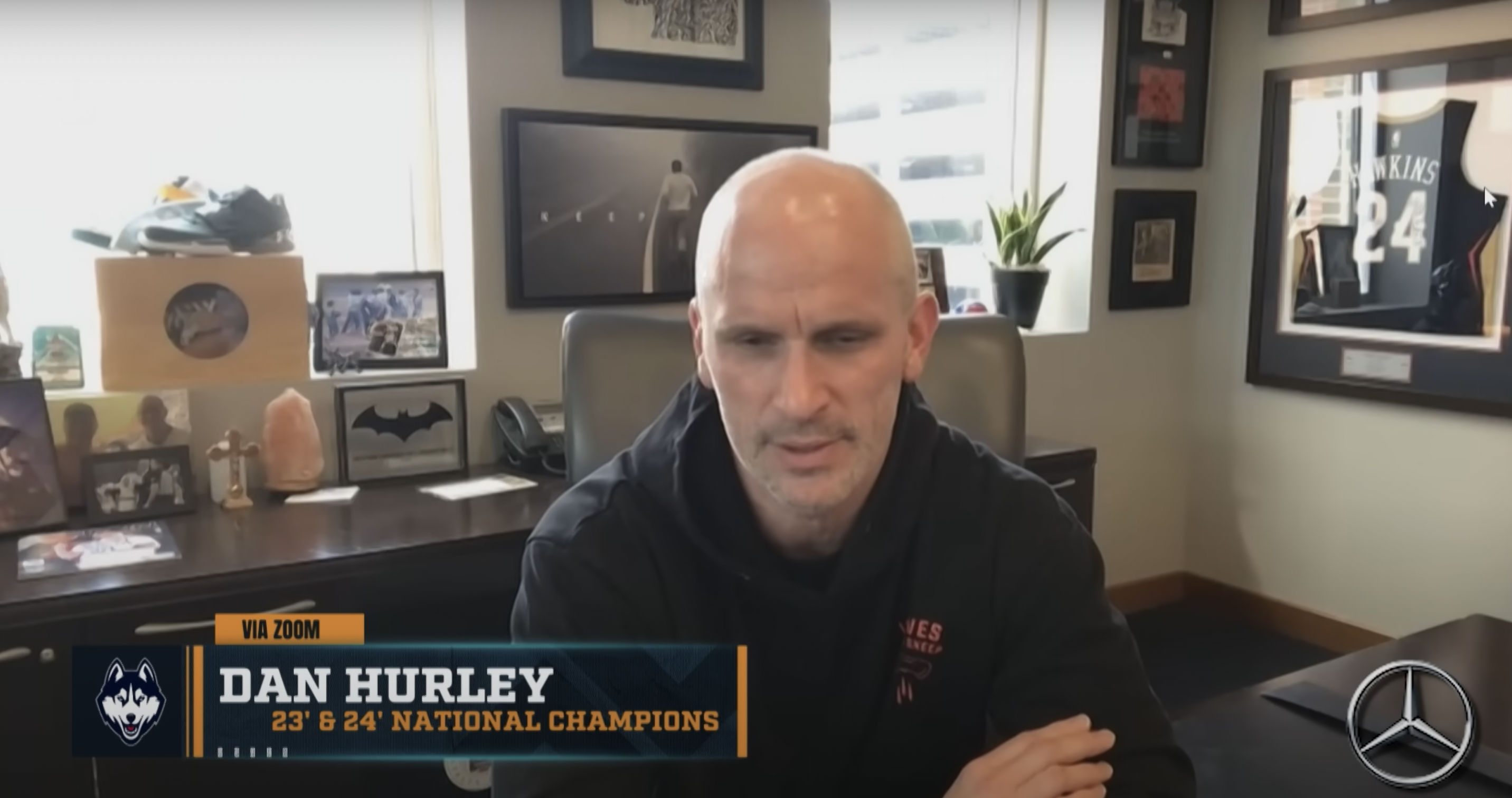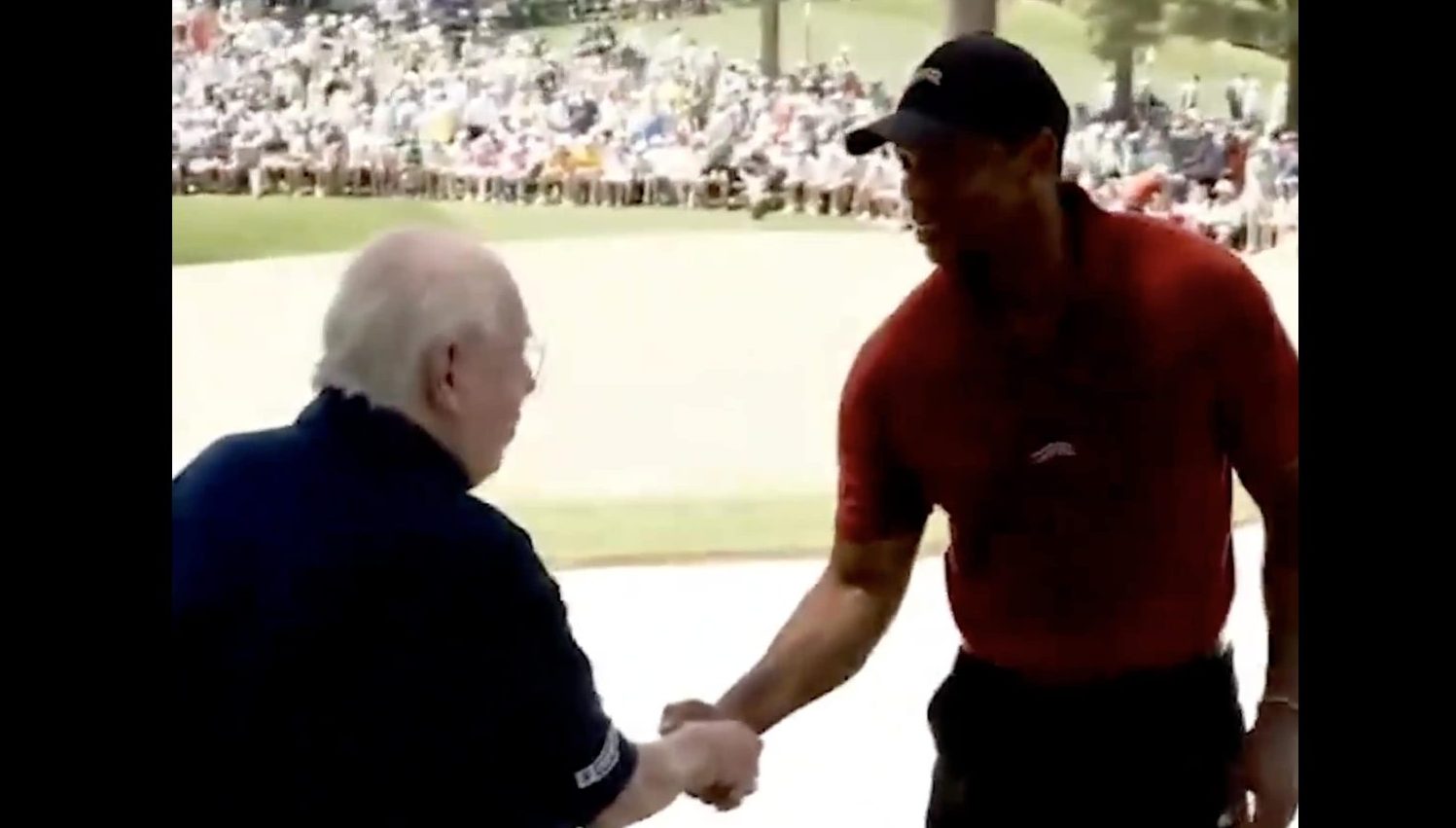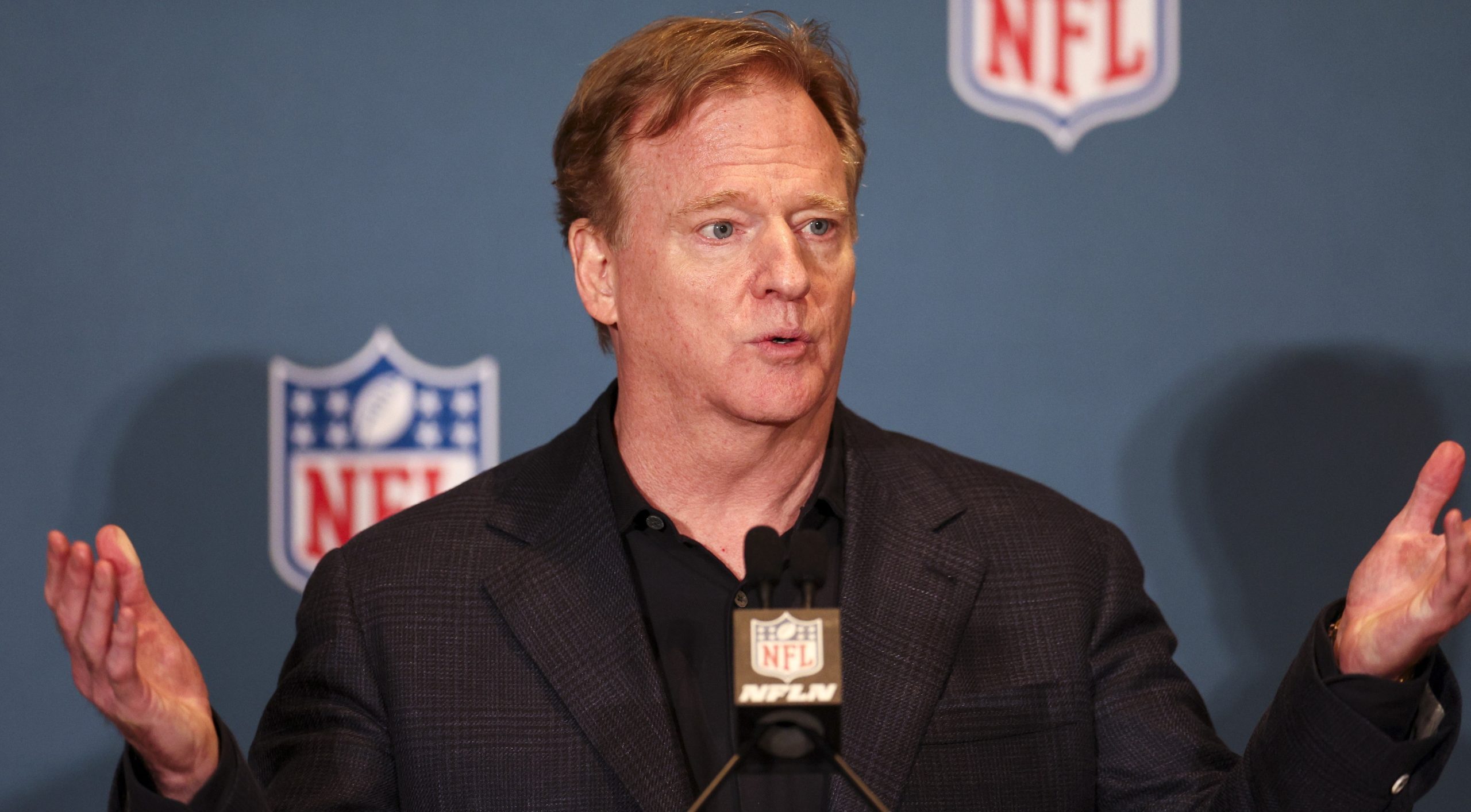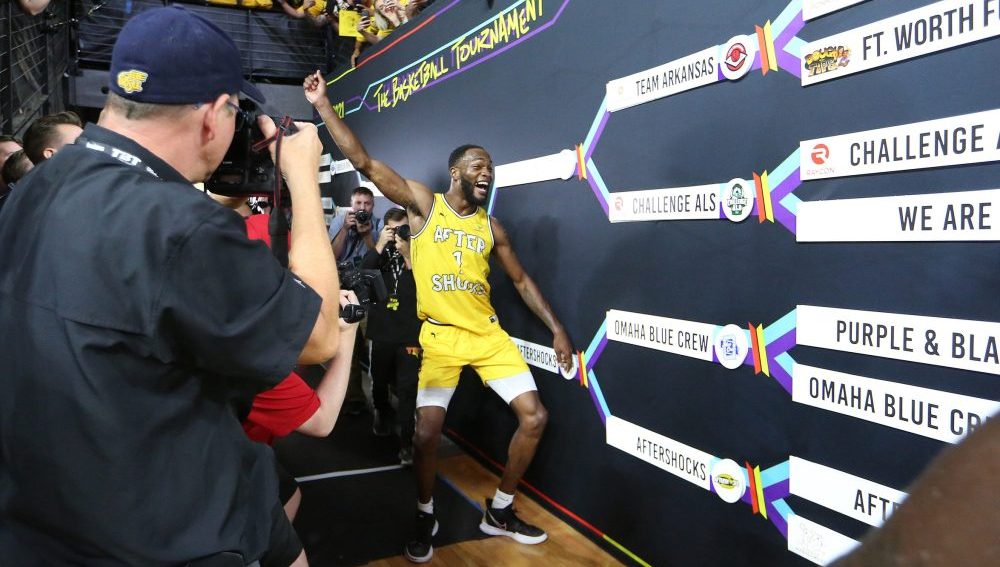Ed Note: The following appears courtesy Ed Sherman and the National Sports Journalism Center.
Consider this when assessing NBC extending its pact to air the Olympics through 2032.
- If there were media rights deals for the 1932 Olympics in Los Angeles, an 18-year agreement would have been done before the existence of television.
- If an entity had signed an 18-year rights deal in 1972, nobody could have imagined the impact of cable in the 80s and how the Olympics eventually would be showcased on multiple channels throughout the entire day.
- If a network had decided to invest in an 18-year extension in 1996, could it have predicted that viewers could watch every minute of every event on something called the Internet at the 2014 Games in Sochi?
With that mind, imagine all the possibilities for how viewers will consume NBC’s coverage of the Olympics in 2032. As outlandish as the initial concepts of television, cable and the Internet seemed in previous generations, you can be sure there will be new media platforms that stagger our limited imaginations in the next 18 years.
I mean, how would you have reacted to somebody in 1996 saying that you would be able view the 2014 Olympics on your phone? Huh?
That’s what makes NBC’s decision to commit $7.75 billion to lock in the Olympics through 2032 so intriguing. The network is making a huge investment in an ever-changing media landscape that could be completely different from what exists in 2014.
Don’t rule out the idea of some sort of chip being implanted in our brains that provides instant coverage to our frontal lobes. However, it will be interesting to see how NBC pulls off the tape-delay component of that technology.
NBC is well aware there is a highly unknown element to this new deal. In a phone interview with me last week, NBC Sports chairman Mark Lazarus said his network is ready for anything.
“The set of rights we acquired is for all media, whether it is for things that already have been invented or not even thought of yet,” Lazarus said. “(NBC) is at the intersection of technology and innovation. We’re in a great position to see what will happen and be able to take advantage of it.”
“I still think viewers will default to a big screen and look for quality of picture,” Lazarus said. “There will be a degree of personalization and customization for viewers. But who knows? I think what may happen in 2032 could cause significant brain hemorrhaging.”
Ah ha! So they are developing that brain chip.
Regardless of the technology, Comcast, NBC’s parent company, believes viewers will remain extremely interested in the Olympics for nearly another two decades.
“Although no one can be quite sure what the world will look like in 2032, the one thing our company is very sure of is that the Olympics will continue to be compelling television,” Comcast CEO Brian Roberts said.
Indeed, as a friend of mine in the business said, “This isn’t a deal. This is a marriage.” With good reason for NBC. The Olympics constantly delivers high ratings for the network. Despite all the predictions of doom and gloom prior to the Winter Games in Sochi, viewers still watched in high numbers on their television, computers and smart phones.
The long-term deal virtually guarantees the United States will host at least one, if not two, Olympics in the next 18 years. The last U.S. Summer Games was in Atlanta in 1996 and the last Winter Games was Salt Lake City in 2002.
U.S.-based Olympics always do much higher ratings. With the kind of investment NBC has made, you can be sure the International Olympics Committee will reward the network with a couple of home games.
Wherever the Olympics are, NBC and its vast production army will be on hand to show every event through the next nine Winter and Summer Games. And I’m fairly certain that Bob Costas, who will be 80 in 2032, still will look ridiculously young.





